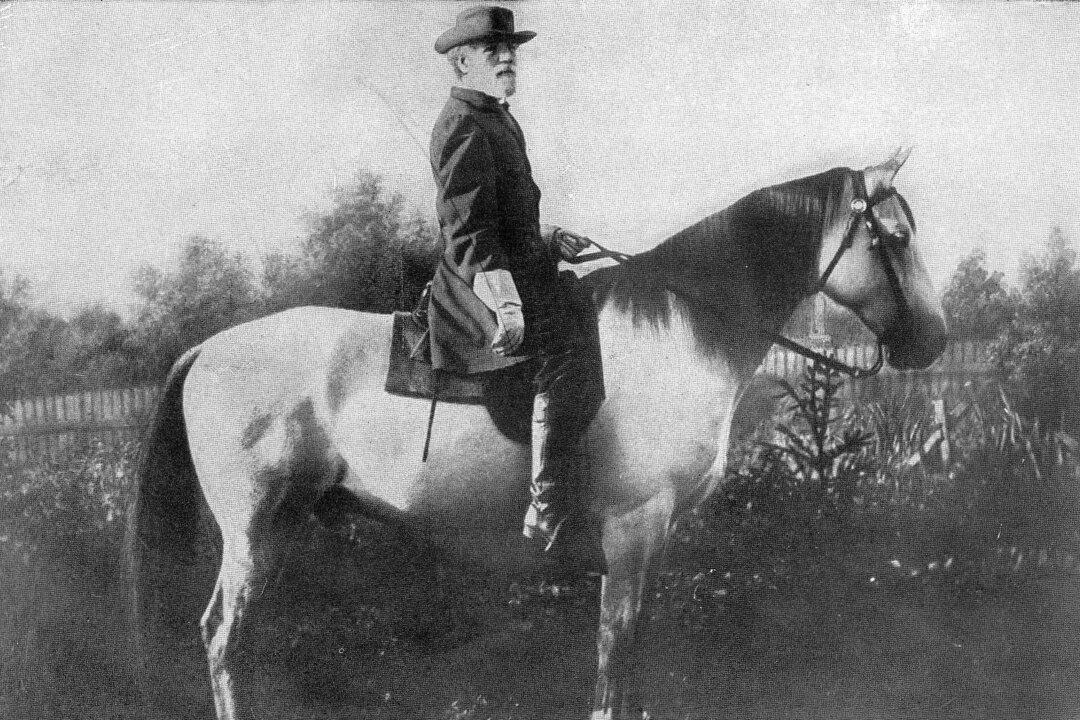On battlefields around the world, soldiers have cried out for their mothers as they lay dying. And memorably, Abraham Lincoln once said, “All that I am, or hope to be, I owe to my angel mother.” In our series “The Hand That Rocks the Cradle: Mothers and Sons,” we will look at a number of famous men strongly influenced by their mothers. Not all these women were angels, but their love, disposition, and sense of principle left an indelible stamp on their sons.
He was a member of one of Virginia’s most illustrious families. His father was a Revolutionary War hero who later gained a reputation as a scoundrel in business and a hothead in politics. His mother was a Carter, also one of Virginia’s first families. He became a soldier, an Army engineer, superintendent of the United States Military Academy, and one of America’s greatest generals.






